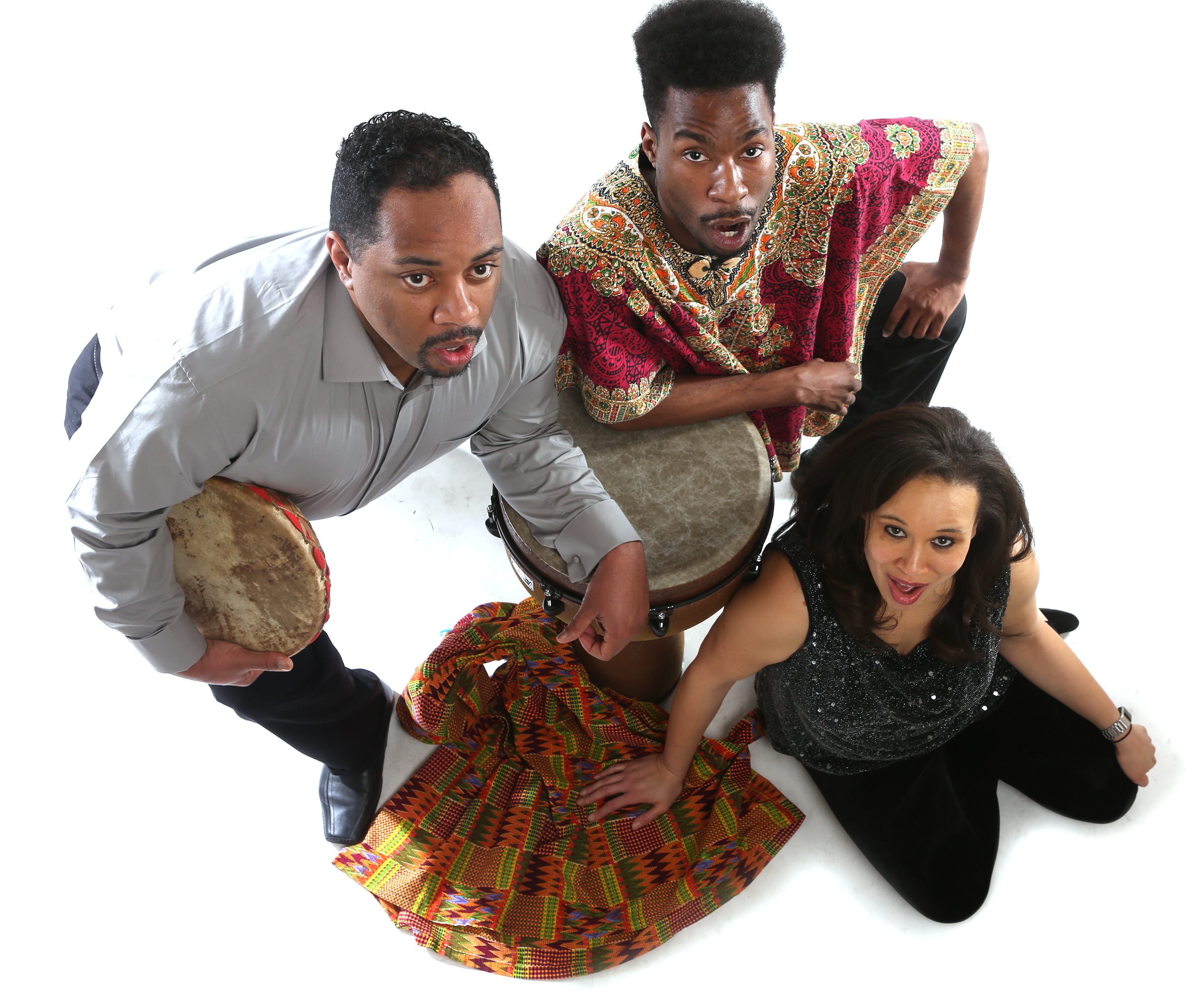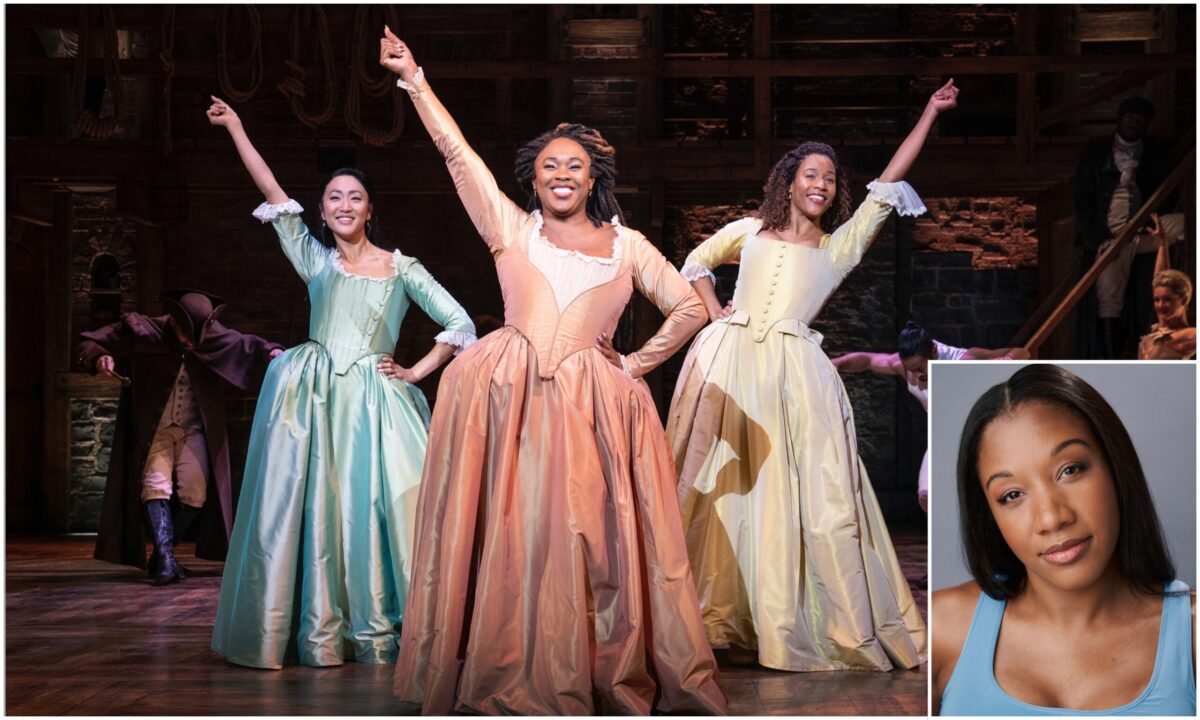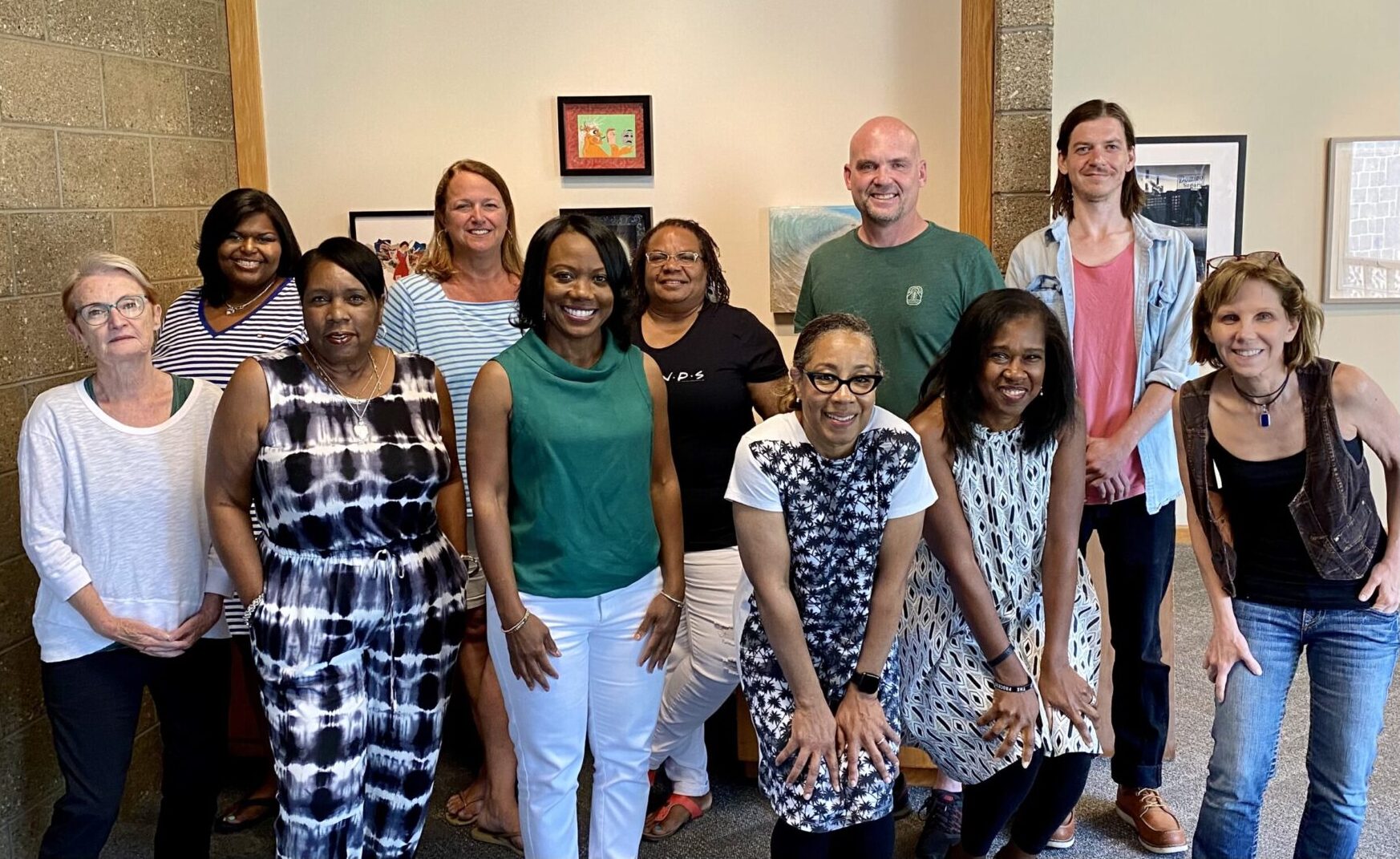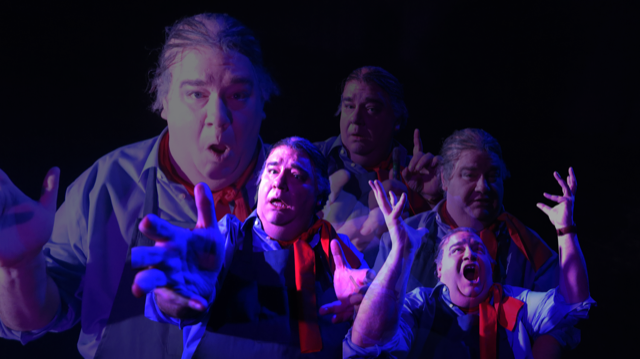 Billy Dye hopes his celebration Songs from the Soul will prompt conversations about the musical contributions of African Americans. The tribute features a chronological look at African American music through the decades, from spiritual to hip-hop. The show features Anthony Cosby, William Anderson, and Nicole Pearson. It runs through February 25 at Virginia Rep’s The Children’s Theatre at Willow Lawn as part of the Acts of Faith Festival.
Billy Dye hopes his celebration Songs from the Soul will prompt conversations about the musical contributions of African Americans. The tribute features a chronological look at African American music through the decades, from spiritual to hip-hop. The show features Anthony Cosby, William Anderson, and Nicole Pearson. It runs through February 25 at Virginia Rep’s The Children’s Theatre at Willow Lawn as part of the Acts of Faith Festival.
Dye created the show around 1993 when he was on staff at Theatre IV. “It combined all of my passions – African American history, research, and music,” he says. “I remember the experience of seeing it for the first time on stage and how proud I was of it.”
When Virginia Rep decided to revive it, Dye had to bring it up-to-date by adding new music and topics. The updated show looks at how music affected the times and “the times affected the music,” he says. “It all started with spirituals and slavery.”
The show follows the progression of music moving from slavery to minstrel shows, jazz, swing, the blues, the 1960s and Motown. “There is a small tribute to contemporary music and then rap and hip-hop,” Dye says.
Dye has been studying music for most of his life. He received a degree in music education from Shenandoah Conservatory of Music and a master’s degree in music from Virginia Commonwealth University. He’s performed on stage for a variety of local theaters, including Virginia Rep. He served as vocal supervisor at Busch Gardens and works with Live Art at SPARC. He currently teaches musical theater at Henrico High School Center for the Arts.
Because the show is only an hour long, he had to be selective in the artists and history being presented. “When I chose to do it chronologically, that helped me to streamline it,” he says. “I tried to pick materials or songs that best represented each period.”
The show contains a lot of “good information,” he adds. “For example, many people didn’t know about the Fisk Jubilee Singers out of Fisk University in Nashville.”
The a cappella group, which started in 1871, was commissioned to tour, singing spirituals to raise money to keep the school open. If they hadn’t toured, “a lot of the songs would have disappeared,” Dye says. “They were reluctant to sing these songs in concert because they represented dark times. Some of the more traditional spirituals today are treatments they arranged or kept in the forefront of spiritual literature.”
Dye was also interested in the work of Bert Williams, a minstrel performer in the late 1800s. “He would put on black face in order to imitate white performers that were imitating black face,” Dye says. “That’s what the audience back then wanted. He was a well-paid performer for that time period.”
One of Dye’s challenges in paying tribute to hip-hop is that the genre, a derivative of other art forms, is constantly evolving. “It was also difficult to find things that were not controversial,” he says. “We pay tribute to the grassroots and growth.”
The contemporary sector of the show focuses on the artists, everyone from Whitney Houston, Prince, and Michael Jackson, to Rihanna and Usher, rather than the music. “We do pay tribute to a lot of the messages in the music,” Dye says.
He wishes he could have included more songs and history in the show, but hopes it will “make people hold a dialogue or further research the music,” he says.







